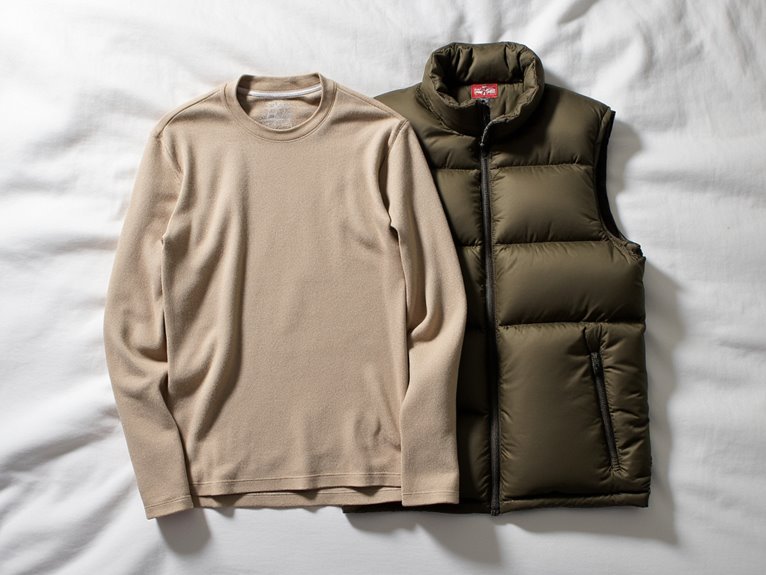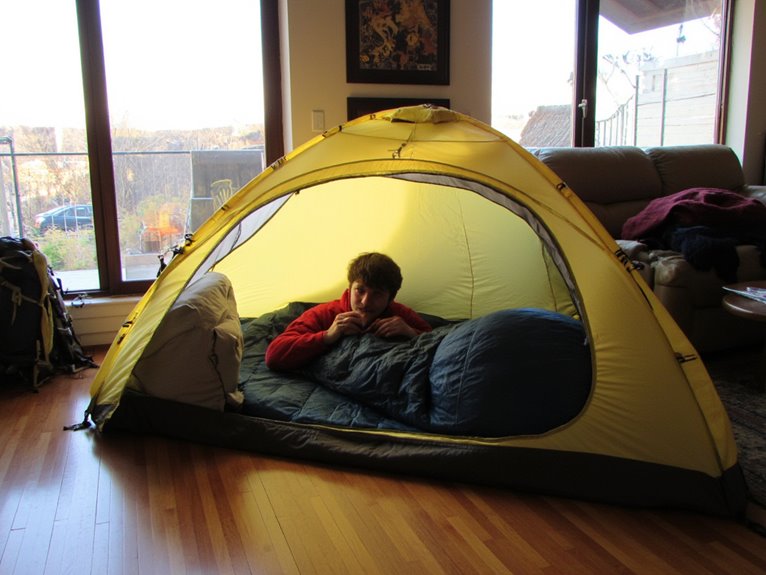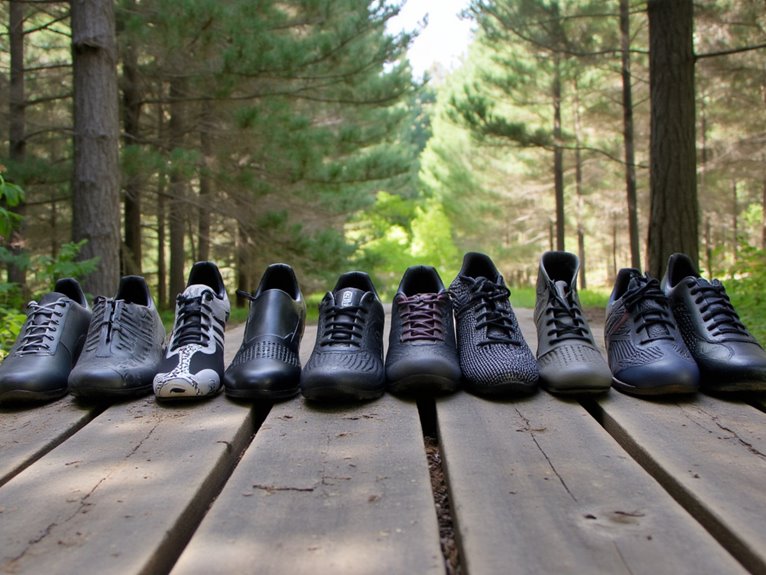What Are the Disadvantages of a Grill?
Grills come with several drawbacks that can impact health, the environment, and overall cooking experience. They can pose health risks, including increased cancer risk and foodborne illnesses, due to high heat and inadequate cooking. Grilling also harms the environment through greenhouse gas emissions, air pollution, and waste generation. Additionally, grills require regular cleaning and maintenance, which can be time-consuming and frustrating. Limited cooking options and flexibility, as well as safety concerns like accidents and fires, are additional disadvantages. As you delve into the world of grilling, you'll discover further nuances that warrant examination.
We are supported by our audience. When you purchase through links on our site, we may earn an affiliate commission, at no extra cost for you. Learn more. Last update on 15th January 2026 / Images from Amazon Product Advertising API.
Health Risks Associated With Grilling
Grilling, a popular cooking method, has been linked to several health risks, including the formation of carcinogenic compounds and the transmission of foodborne illnesses.
The high heat used in grilling can break down amino acids, resulting in the formation of heterocyclic amines (HCAs) and polycyclic aromatic hydrocarbons (PAHs), which are known to increase the risk of cancer.
Additionally, undercooked or raw meat can harbor bacteria like Salmonella and E. coli, leading to food poisoning.
Moreover, grill smoke can release toxins, including benzene and toluene, which can cause respiratory problems.
In order to mitigate these health risks, one must take precautions when grilling, such as cooking to recommended temperatures, handling food safely, and minimizing smoke inhalation to reduce these health risks.
Environmental Impact of Grilling
Approximately 100 million tons of carbon dioxide are released into the atmosphere annually in the United States alone, with a significant portion of these emissions attributed to backyard grilling activities.
The burning of fossil fuels, such as propane or charcoal, contributes to greenhouse gas emissions, air pollution, and climate change.
Additionally, the production and disposal of grilling accessories, like disposable utensils and packaging materials, generate waste and pollution.
In addition, the energy required to power grills and outdoor kitchen equipment also has an environmental impact.
Cleaning and Maintenance Hassles
In addition to the environmental concerns, grill maintenance and cleaning can be a time-consuming and frustrating task, requiring regular scrubbing of grates, burners, and exterior surfaces to prevent the buildup of food residue and bacteria.
Failing to do so can lead to unpleasant odors, compromised food safety, and even equipment damage.
Additionally, cleaning grill surfaces can be physically demanding, especially when dealing with stubborn grease and food residue.
Furthermore, regular maintenance also involves checking and replacing worn-out parts, ensuring proper ventilation, and storing the grill in a dry area to prevent rust.
Limited Cooking Options and Flexibility
How versatile are grills with regard to cooking a wide range of dishes, from delicate fish to hearty stews, and do they truly offer the flexibility that home cooks need?
While grills are ideal for cooking certain types of food, such as burgers, hot dogs, and vegetables, they often fall short in respect to cooking more complex or delicate dishes.
Grills typically operate at high heat, which can be limiting for cooking methods that require lower temperatures or more precise control.
This limited flexibility can be frustrating for home cooks who want to experiment with new recipes or cook a variety of dishes.
As regards cooking more sophisticated or subtle flavors, grills may not be the most practical choice for everyday cooking.
Safety Concerns and Accidents
A grill's open flame and hot surfaces pose a significant risk of burns, fires, and other accidents, making safety a top concern for home cooks and outdoor enthusiasts alike.
According to the National Fire Protection Association, outdoor grill fires result in an estimated 10 civilian injuries and $37 million in property damage each year.
Additionally, grease splatters and food residue can create slippery surfaces, increasing the risk of slips, trips, and falls.
To mitigate these risks, it's essential to maintain a clean grill, keep a fire extinguisher nearby, and guarantee children and pets are kept at a safe distance.




